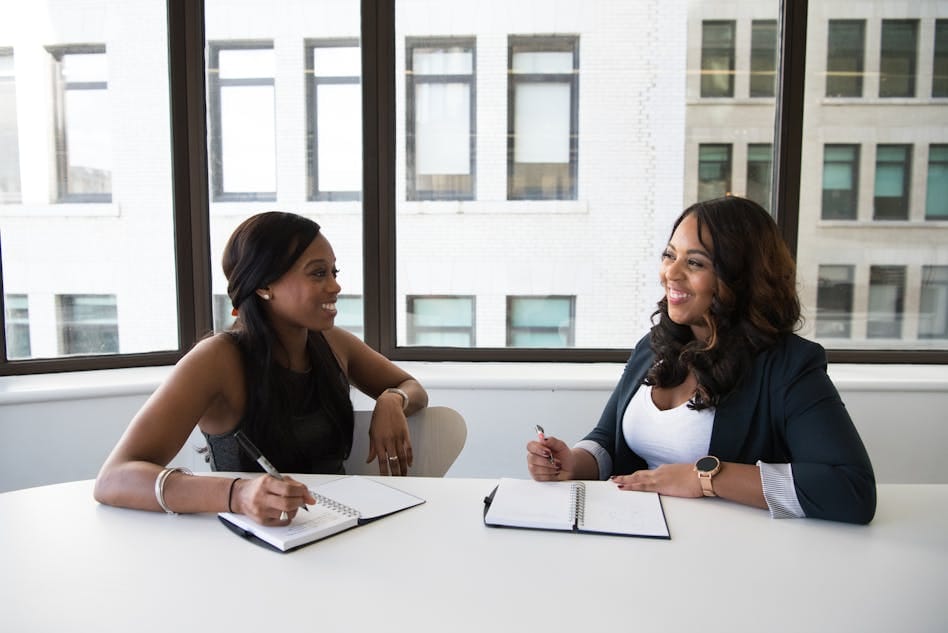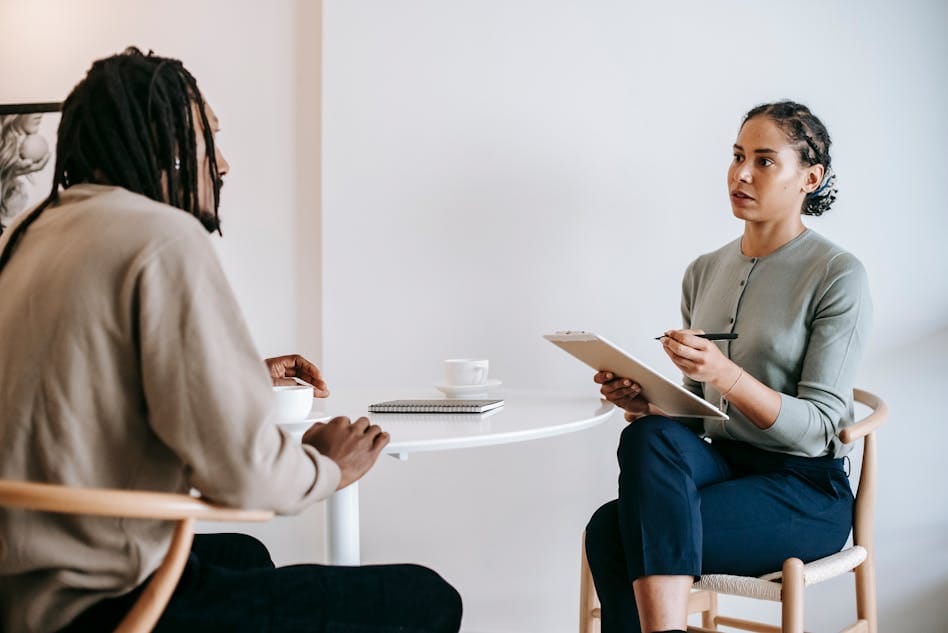
What if you are rejected in your job interview?
Job interviews can be a stressful experience, especially if you have your heart set on a particular job. You prepare for the interview, research the company, dress appropriately, and arrive on time, hoping that you will make a great impression on the interviewer. But despite all your efforts, you may still get rejected in the end. It can be a tough pill to swallow, but the truth is that rejection is a natural part of the job search process. In this blog, we'll explore what to do if you are rejected in your job interview and how to turn it into a positive experience.
Understanding Rejections
First of all, it's important to remember that rejection is not a reflection of your worth as a person or your abilities.
Remember!!!
It simply means that the company or the position wasn't the right fit for you at that particular time. Rejection is a normal part of the job search process, and everyone experiences it at some point in their careers. In fact, it's estimated that on average, job seekers go through 27 rejections before they finally land a job.

Tips To Soak In Interview Rejections
So, what should you do if you are rejected in your job interview? Here are some steps you can take to turn the situation around:
Take time to process your emotions
Getting rejected in a job interview can be an emotional experience, and it's important to take some time to process your feelings. Allow yourself to feel disappointed, frustrated, or sad, but try not to dwell on those emotions for too long. Acknowledge them, but then move on and start focusing on your next steps.
Ask for feedback
If you're feeling up to it, you can reach out to the company and ask for feedback on your interview performance. This can help you understand why you were rejected and give you valuable insights that you can use to improve your interview skills for future job opportunities. Some companies may not provide feedback, but it's always worth asking.
Evaluate your interview performance
Reflect on your interview performance and think about what you could have done differently. Did you stumble over your words? Did you arrive late or come across as unprepared? Identifying areas for improvement can help you prepare better for future job interviews.

Stay positive and keep moving forward
Rejection can be demotivating, but it's important to stay positive and keep moving forward. Don't let rejection stop you from pursuing your ultimate goals of a golden career. Keep applying for jobs, attending interviews, and networking with professionals in your industry.
Take advantage of the golden chance to learn, sustain, and grow
Rejections can also be a phenomenal chance to learn, sustain, and grow. Use it as a chance to assess your strengths and weaknesses and figure out what you need to do to improve your chances of landing your dream job. Consider taking courses, workshops, or seminars to develop your skills and increase your knowledge in your field.
How To Make Your Heart Listen To You?
Being rejected in a job interview can be a disappointing experience, but it doesn't have to be the end of the road. Instead of giving up, take some time to process your emotions, ask for feedback, evaluate your interview performance, stay positive, and take advantage of the opportunity to learn and grow.
Remember that rejection is a normal part of the job search process, and it's important to keep moving forward with persistence and determination. With the right mindset and approach, you can turn a rejection into a positive experience and come out stronger and more prepared for your next job interview.
Instead of feeling bad, prepare for the next one! Let us know some preparation ideas to crack interviews in future!
Next Interview Preparation Tips
Gear up for the next interview! Read the tips below and start a new journey…..
1. Dressing Up Options Before Interview
Dressing appropriately for a job interview marks the first impression that plays a vital role. It shows that you respect the company and the interviewer and that you take the opportunity seriously. Depending on the type of job and the company culture, different dress codes may apply.
In general, it's best to err on the side of dressing conservatively, and avoid flashy or provocative clothing.
For men, a suit and tie is usually a safe option, while for women, a professional business suit or a conservative dress is appropriate. Make sure your clothes are clean, pressed, and fit well, and avoid anything too casual or too revealing.
Remember that your appearance is the first thing the interviewer will notice, so make sure you look your best.
2. Food and diet to be kept in mind while going for interview
It's important to take care of your diet and nutrition when you're preparing for a job interview. Eating healthy, balanced meals can help you feel energized and focused, which can help you perform better during the interview.
Avoid heavy or greasy foods that can make you feel sluggish, and instead opt for lighter, protein-rich options like grilled chicken or fish, whole grains, and fresh fruits and vegetables.

Drinking plenty of water can also help you stay hydrated and alert. However, be careful not to overdo it, as you don't want to be running to the restroom during the interview!
If you're prone to nervousness or anxiety, avoid caffeine and sugary foods that can exacerbate those feelings.